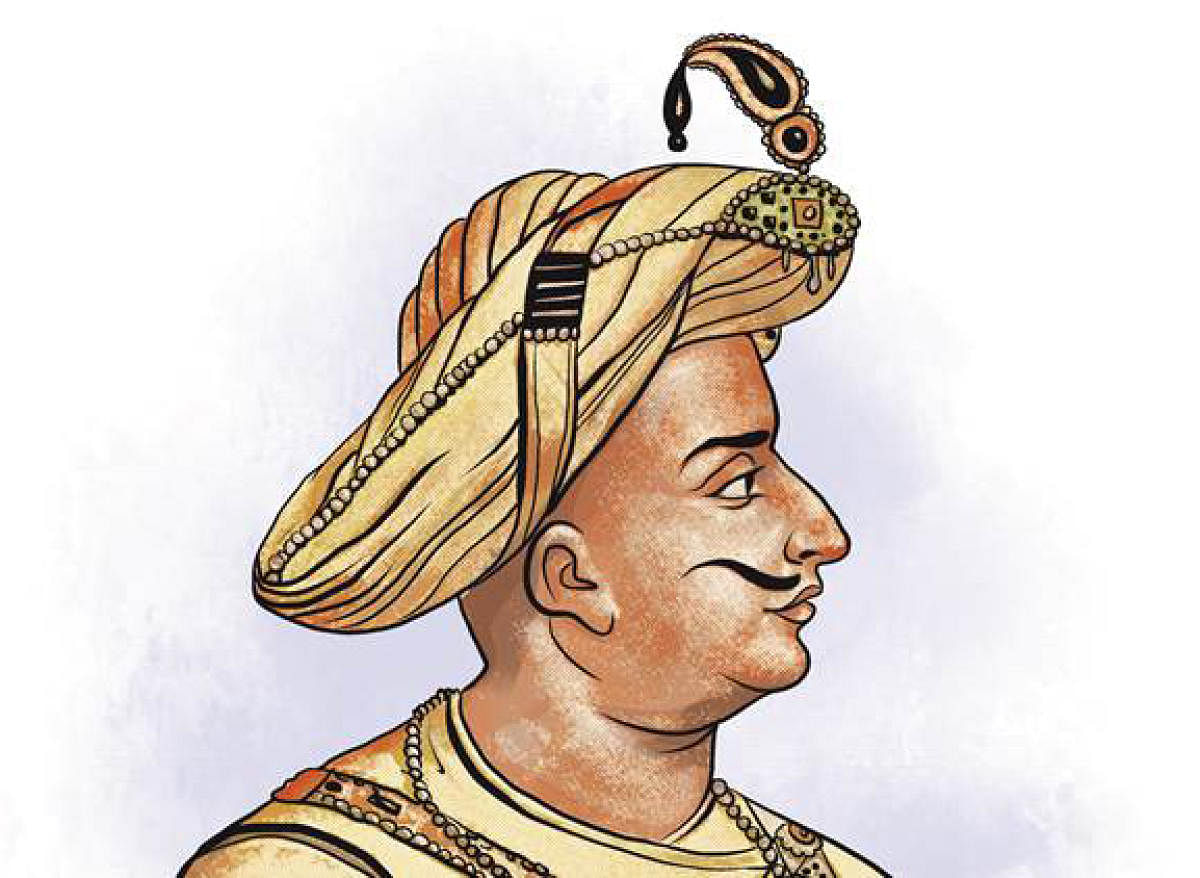The Karnataka government’s stated intention to remove all references to Tipu Sultan (1750-1799), popularly called the Tiger of Mysore, from school textbooks is a retrograde step aimed at distorting history to suit the political ideology of the current dispensation. Tipu, like most rulers of his time, had two faces, one of boundless benevolence and the other of excessive ruthlessness. During the eighteenth century, most kings fought not for India, which did not exist in its current form, or for freedom from the British, but to either retain or expand their own kingdoms. As historian William Dalrymple surmises in his latest work, The Anarchy, “Tipu ruled with great efficiency and imagination during peace, but with great brutality in war.” History should be accepted in its entirety, with an appreciation of the then prevailing circumstances, instead of viewing what occurred over 200 years ago through the current political prism.
Tipu was one of the fiercest warriors of his time against the British, and a diplomat and strategist as well who enlisted the services of the French, and even the American revolutionaries, to stop the East India Company in its tracks. It took the British three decades and four wars, known as the Anglo-Mysore wars, to finally depose him. The Mysore rockets deployed by him were much more advanced than the ones used by the British. A son of the soil, Tipu patronised many temples and was responsible for the restoration of the Sringeri Sharada Mutt, which was vandalised by the Marathas. Under him, Mysore Kingdom became an economic superpower that boasted of one of the best living standards in the world. His administrative prowess notwithstanding, Tipu has been accused of unleashing a reign of terror on Hindus, Christians and Kodavas and forcibly converting many of them to Islam, across Coorg, Mangalore and Malabar. The Mandyam Iyengars in Melkote do not celebrate Deepavali in memory of 800 of their ancestors who were massacred by Tipu.
Studying Karnataka, or even India, without a mention of the man who to a large extent shaped its history, rightly or wrongly, is foolhardy. While it is admitted that textbooks glorify Tipu and extenuate his acts of inhumanity, erasing the central character of a play because some scenes do not agree with us amounts to falsification of history. Instead of becoming a victim of jingoism, the Karnataka government should correct the distortions in textbooks, if any, so that students are exposed to both sides of Tipu, be it his heroism or his barbarism.
